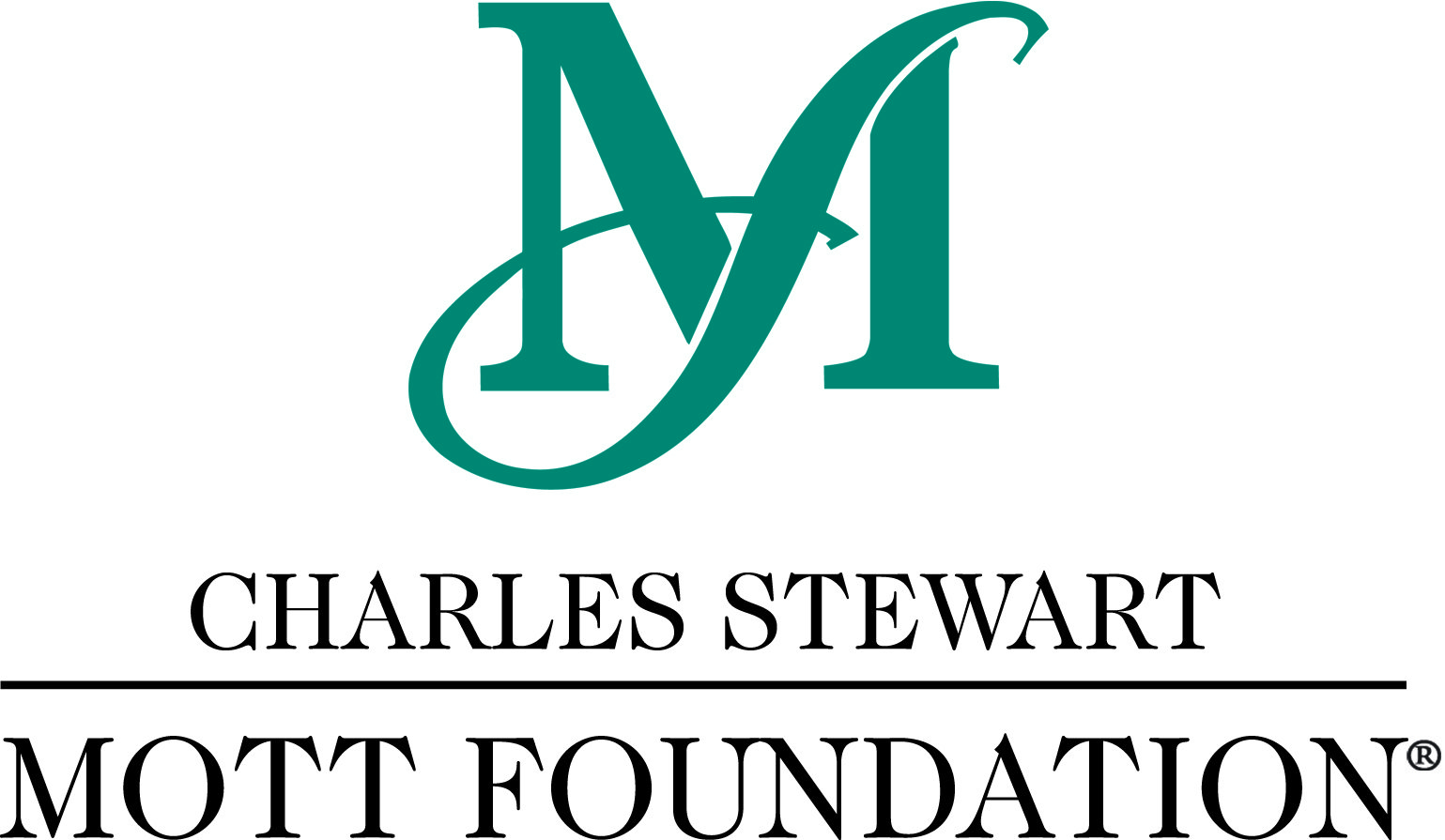Financing scaled-up investments in people-centred justice
What we're doing
ODI is collaborating with the Justice Action Coalition and Pathfinders for Justice to develop a realistic and operational framework for financing access to people-centred justice for all.
The ODI based research team is Marcus Manuel, Clare Manuel and Pilar Domingo. We’re grateful to the Charles Stewart Mott Foundation for funding this work which is now in its second phase.
SDG16.3 aspires to ensure equal access to justice for all by 2030. This is a global challenge and requires a new approach to financing scaled-up investments in front-line justice.
What we've learnt
ODI research on justice finance has shown that:
A universal basic, people centred-justice system is affordable in lower-income countries
- It costs $35 per person per year (average low and lower middle-income countries)
- This is less than the costs of primary health care or primary education
Source: Universal access to basic justice: costing Sustainable Development Goal 16.3
Lower-income countries are already prioritising justice in their spending
- Low- and middle-income countries spend over 7% of government revenues on justice, compared with about 4% in OECD countries
- Current shares of spending on justice in lower-income countries are probably unsustainable given demands from other sectors such as health and education
Source: Domestic financing for justice: who spends most on justice?
It is the poorest countries that face the greatest financing gap
- Low-income countries are only able to fund less than half the costs of universal access to even a basic justice system
- OECD countries can fund universal access to a basic justice system more than three times over: any failure to provide such access is due to political choice, rather than funding constraint
Source: Universal access to basic justice: costing Sustainable Development Goal 16.3
Aid to justice continues to fall
- By 27% over the last 10 years
- Justice’s share of total aid halved from 2.9% to 1.4%
- In their own countries, donors prioritise justice expenditure much more (4% of domestic spending compared to 1.4% of aid)
Sources:
Justice aid update and lessons from latest evaluations of donor programming
Universal front line justice services providing basic legal advice, assistance and informal dispute resolutions mechanisms are relatively cheap
- Front line services cost just 5% of the total cost of a universal basic justice systems in low- and lower middle-income countries
Source: Universal access to basic justice: costing Sustainable Development Goal 16.3
There are multiple examples of cost effective, scalable front-line people centred justice services using local, innovative approaches
- ODI research highlights 25 examples of services provided by government and civil society across 12 low- and lower middle-income countries
- Services include legal advice, assistance and dispute resolution services for communities and individuals, as well as criminal justice defenders working with unsentenced detainees
Sources:
Cost-effective front-line justice services in Malawi: a case study in frugal innovation;
ODI’s methodology to assess justice service coverage relative to justice needs highlights the size of the justice service gap in lower-income countries
- Sierra Leone is an outlier, with its Legal Aid Board, covering over 50% of need for legal advice and assistance
- Typically, coverage rates are under 10% of justice needs being met
When front-line justice services to go scale, their cost is affordable and sustainable
- ODI affordable and sustainable benchmarks are:
- $20 per case in low-income countries
- $50 per case in lower middle-income countries
Sources:
Universal access to basic justice: costing Sustainable Development Goal 16.3
Cost-effective front-line justice services in Malawi: a case study in frugal innovation
When front-line justice services go to scale, they deliver SDG impact
- Malawi’s Paralegal Advisory Service Institute’s paralegals give legal advice and assistance to 96% of pre-trial detainees each month.
- This has enabled Malawi to consistently achieve exceptionally low rates of unsentenced detainees – below 20% for many years. This is less than half the African average of 50% and below the Organisation for Economic Co-operation and Development’s (OECD’s) average of 24%.
Cost-effective front-line justice services in Malawi: a case study in frugal innovation
Our research under Phase 1 is summarised in our presentation on 'Financing Justice' and a short synthesis report , with a full list of associated research set out below.
Phase 2
Under phase two, the ODI team will undertake targeted research to support the Justice Action Coalition to develop an internationally agreed framework for financing scaled-up front-line people-centred justice services.
The research project runs from October 2023 to September 2025. Findings will be shared with governments, development agencies, and other funding and justice partners.
Team
-

Clare Manuel
Senior Research Associate
-

Marcus Manuel
Senior Research Associate
-

Pilar Domingo
Senior Research Fellow
-

Samuel Sharp
Senior Research Officer

